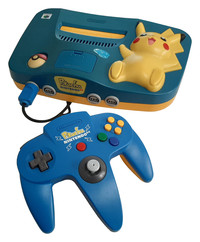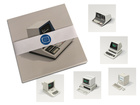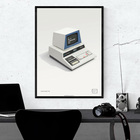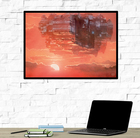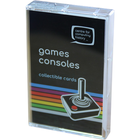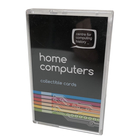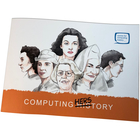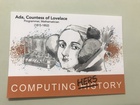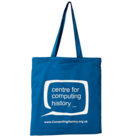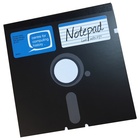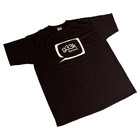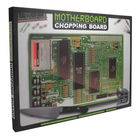Nintendo 64 Pikachu Edition (NTSC-J)
| Home > Browse Our Collection > Games Consoles > Nintendo > Nintendo 64 Pikachu Edition (NTSC-J) |
|
The Nintendo 64, or N64, is a home video game console released by Nintendo in Japan in June 1996, North America in September 1996, and in Europe in March 1997. It is the successor to the Super Nintendo Entertainment System (SNES). The Nintendo 64 was developed between Nintendo and Silicon Graphics, under the codename Project Reality. It was Nintendo's first 3D console, and the world's first true 64-bit console, powered by the NEC VR4300 CPU, jumping from the 16-bit SNES. The N64 was the last Nintendo console to feature games cartridges until the Switch in 2017. The N64's competition, the PlayStation and Sega Saturn were both disk-based systems. As a result of it being a cartridge-based system some third-party software suppliers did not produce any games for the system. After a series of lengthy delays the machine launched in Japan first in June 1996, where the machine did not sell well and failed to take on Sony and even fell behind the Saturn. A major blow was losing their long time software collaborator Square, who took their Final Fantasy series on to the PlayStation, citing the lack of space and expense of producing a cartridge. Sales were much better in the US. For the first year it outsold all of its competition, with 3.6 million consoles being sold in the first year. In the first year Nintendo also had seven out of the top ten selling video games. In Europe the machine had a very shaky start. The console cost much more than in other territories, retailing for £249.99, and the games were very expensive. The cheapest titles such as Pilotwings cost £49.99, already much higher than the CD games from Sony and Sega, but third party games such as Turok Dinosaur Hunter were as much as £69.99. A price cut to £149.99 in May 1997, three months after its release, revitalised sales, but apart from the very top titles such as Super Mario 64 and Wave Race 64, software sales remained sluggish. In the second year, sales and software releases diminished, as third party companies moved away from Nintendo’s strict licensing. The N64's controller featured a new design. It was three-pronged, very large and was held differently depending on which game was played. For platform games the player would hold the two outer prongs, for 1st person or driving games, the middle and left, and for some of the more obscure fishing type games would be held with the middle and right. It featured an analog stick and a trigger button behind the controller. It was the first Nintendo controller that allowed for expansion, with memory cards and rumble paks available. The console allowed for four controllers to be attached at once. Over time, Nintendo gained ground on its competitors, overtaking the sales of the Saturn. As cartridge manufacturing costs came down, the software library was bolstered by more classic output from Nintendo. One notable game was GoldenEye 007, which was developed by Rare and published by Nintendo. The game, which followed the film closely, proved that consoles could do first person shooters very well, once the preserve of the PC. Although a well loved retro console nowadays, the machine sold considerably less than the SNES, and left Nintendo with a considerable market share loss to Sony. As of March 31, 2005, the N64 had sold 5.54 million units in Japan, 20.63 million in the Americas, and 6.75 million in other regions, for a total of 32.93 million units. This example in our collection is a Japanese Pikachu model which was released in late 2000. It is often wrongly thought to be a pack-in console for the new Hey You Pikachu game, it was in fact not sold as a pack with that game. Coming to market at the height of the Pokemon craze, the machine is probably the most drastic remodelling of a console for a special edition, with the whole right side stretched to fit a Pikachu model on that side, other Pokemon designs are on the console, the power button is now a Pokemon ball and the reset button Pikachu’s foot. Manufacturer: Nintendo This exhibit has a reference ID of CH59172. Please quote this reference ID in any communication with the Centre for Computing History. |
|


